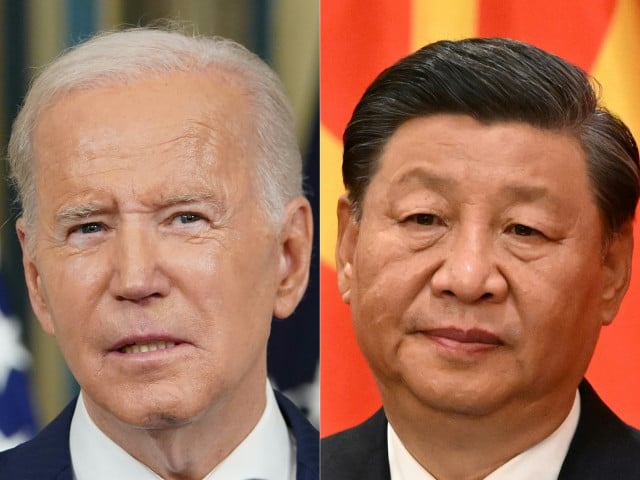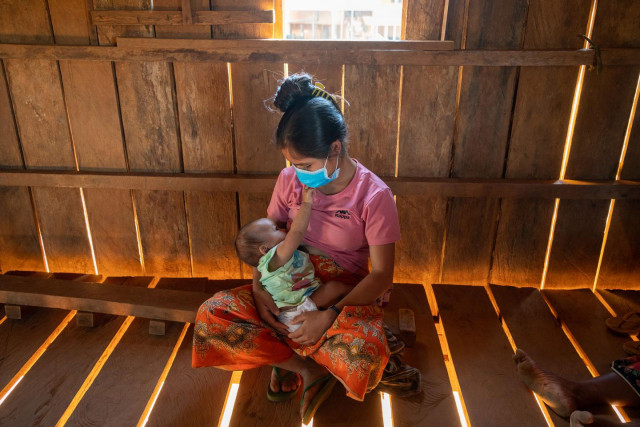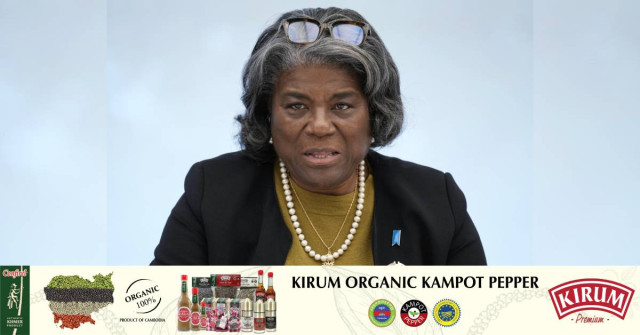Biden to set 'guardrails' in talks with Xi

- By Agence France-Presse (AFP)
- November 14, 2022 10:16 AM
Nusa Dua, Indonesia -- US President Joe Biden will meet China's Xi Jinping in Bali on Monday to set "guardrails" for relations between the countries, as the world's 20 largest economies hold their first major post-pandemic summit.
In the last three years, the rivalry between China and the United States has intensified sharply as Beijing has become more powerful and more assertive about replacing the US-led order that has prevailed since World War II.
Monday's talks on the margins of the G20 have the air of the icy Cold War conclaves between American and Soviet leaders at Potsdam, Vienna or Yalta that decided the fate of millions.
Biden has spoken about the meeting establishing each country's "red lines".
The overarching goal will be setting "guardrails" and "clear rules of the road" a senior White House official told reporters hours before the meeting.
"We do all of that to ensure that competition does not veer into conflict."
Biden is expected to push China to rein in ally North Korea after a record-breaking spate of missile tests raised fears Pyongyang will soon carry out its seventh nuclear test.
Xi may be in no mood to help. He enters the meeting buoyed from recently securing a landmark third term in office, cementing him as the most powerful Chinese leader for generations.
Biden has been boosted by news that his Democratic party retained control of the US Senate after performing better than expected at the midterm elections, although he remains vulnerable on domestic politics.
- Putin staying away -
The superpower sitdown is likely to dominate the G20 summit, which comes with food and fuel prices spiking worldwide, Ukraine mired in conflict and the renewed threat of nuclear war casting a menacing pall.
There will be one conspicuous absence around the table -- Russian President Vladimir Putin.
His botched nine-month-old invasion of Ukraine has made the trip to Bali logistically difficult and politically fraught.
With members of his inner circle quarrelling publicly and his once ironclad domestic authority tarnished, Putin instead elected to send veteran foreign minister Sergei Lavrov.
Officially, neither the war in Ukraine, nor Putin's dark threats to use nuclear weapons are on the summit agenda.
But while the ex-KGB man will not be at the summit table, his war will certainly be on the menu.
Soaring energy and food prices have hit richer and poorer G20 members alike –- and both are directly fuelled by the conflict.
On Monday, US Treasury Secretary Janet Yellen said an end to the conflict was "a moral imperative and the single best thing we can do for the global economy".
And ahead of his departure to Bali, British Prime Minister Rishi Sunak said he would "call out Putin's regime".
There is likely to be pressure on Russia to extend a deal allowing Ukrainian grain and fertiliser shipments through the Black Sea when the current agreement expires on November 19.
- 'Never been this complex' -
At a minimum, Biden and his allies would also like to see the G20 make it clear to Putin that nuclear war is unacceptable.
Even that once uncontroversial position is likely to be blocked by a mixture of Russian opposition and Chinese unwillingness to break ranks with its ally in Moscow or give Washington a win.
The G20 -- a disparate and unwieldy grouping born in 1999 after the Asian financial crisis -- has always been most comfortable discussing finance and economics rather than security.
Moscow would like it to stay that way.
"We categorically reject the politicisation of the G20," the Russian foreign ministry said Sunday, offering a taste of what leaders might hear from the famously unbending Lavrov.
"We are convinced that the G20 is meant to deal specifically with socio-economic issues."
A string of G20 ministerial meetings leading to the summit failed to agree a final joint communique -- a procedural-sounding tradition that can be important in driving cooperation.
"Honestly, I think the global situation has never been this complex," said Indonesian government minister Luhut Binsar Pandjaitan on the eve of the summit.
"If eventually (the G20) leaders do not produce a communique, that's that, it's ok."
© Agence France-Presse















